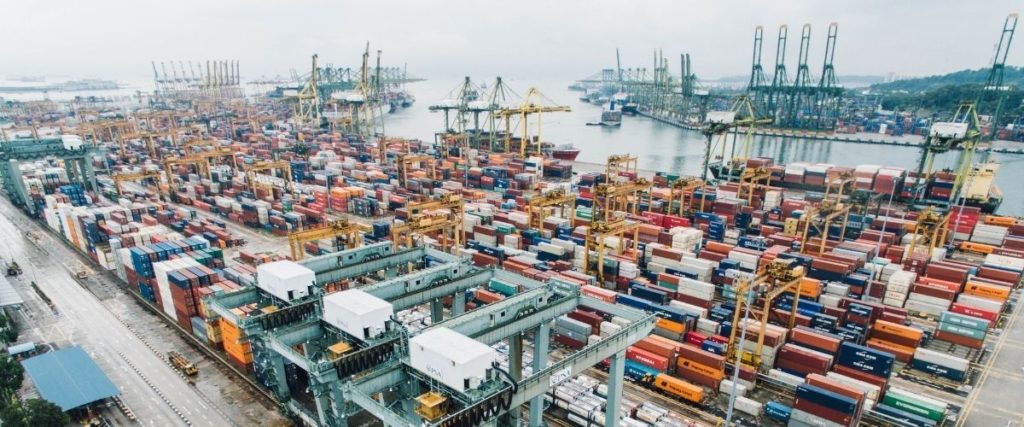Fifteen countries agreed to an Asia-Pacific trade deal on Sunday, in a move that is widely seen as helping China extend its influence over the region. According to analysts, the Regional Comprehensive Economic Partnership (RCEP) is the world’s largest trade pact in terms of GDP.
• Countries who signed off on the deal include the ten ASEAN states, as well as China, Australia, Japan, New Zealand, and South Korea.
• The agreement has been projected to add USD 186 billion to the world economy through improved regional trade, according to Damien O’Connor, New Zealand Minister for Trade and Export Growth.
Why it matters: As the RCEP’s members account for around 30% of global GDP and population, it is widely expected that the deal, originally conceived in 2012, will help stimulate the economy after the devastating effects of the COVID-19 pandemic.
• The deal will be warmly welcomed by APAC companies, as businesses will now be able to export products anywhere within the region without meeting each country’s specific requirements.
• The RCEP also eliminates tariffs primarily for goods that have already qualified for duty-free treatment under previous free trade agreements and aims to gradually lower tariffs across multiple industries in the coming years.
• However, participating countries will be allowed to keep tariffs for imports in sectors which they deem to be important.
• The deal does not touch on labour unions, environmental protection, and government subsidies.
• The RCEP also marks the first time that China, Japan, and South Korea, three of the four largest economies in Asia, have all been in a single free trade agreement.
The deal: The signing of the RCEP will likely come as a blow to the United States, as it will allow China to reduce its dependence on technology from foreign countries outside of APAC, amidst a growing technology war with the US.
• The RCEP will also put China, the world’s second-largest economy, in a commanding position to shape APAC’s future trade rules.
• A notable absentee in the deal is India, who pulled out of RCEP talks back in November last year over concerns that it would be swamped by imports, which would put its agricultural industry at risk. ASEAN leaders have said the door remains open for India to join the agreement at a later date if it chooses to do so.
• Although the United States is not part of the RCEP, analysts say President-elect Joe Biden is also unlikely to rejoin the Trans-Pacific Partnership (TPP) anytime soon due to the increasingly worrying numbers of confirmed COVID-19 cases in the US. On Saturday, the US reported almost 160,000 confirmed cases of COVID-19.
• “I’m not sure that there will be much focus on trade generally, including efforts to rejoin [the TPP successor grouping] for the first year or so because there will be such a focus on COVID relief,” said Charles Freeman, senior vice president for Asia at the US Chamber of Commerce.
By the numbers: Asian stock markets reacted positively to news of the deal when opening on Monday.
• Japan’s Nikkei 225 rose by almost 1.5%.
• Shanghai’s SSE Composite Index rose 0.27%.
• Hong Kong’s Hang Seng Index rose 0.51%.
Looking ahead: Following confirmation of the agreement, Chinese Premier Li Keqiang described the agreement as “a victory of multilateralism and free trade,” reported Xinhua News.
• “Under the current global circumstances, the fact the RCEP has been signed after eight years of negotiations brings a ray of light and hope amid the clouds,” Li asserted.
• The deal will come into effect within the next two years, once ratified by all member countries.
Related Articles
Alibaba, Tencent, JD Stocks Plunge After China Announces New Antitrust Laws
Pfizer Announces Vaccine has 90% Success Rate; Stock Markets Soar





